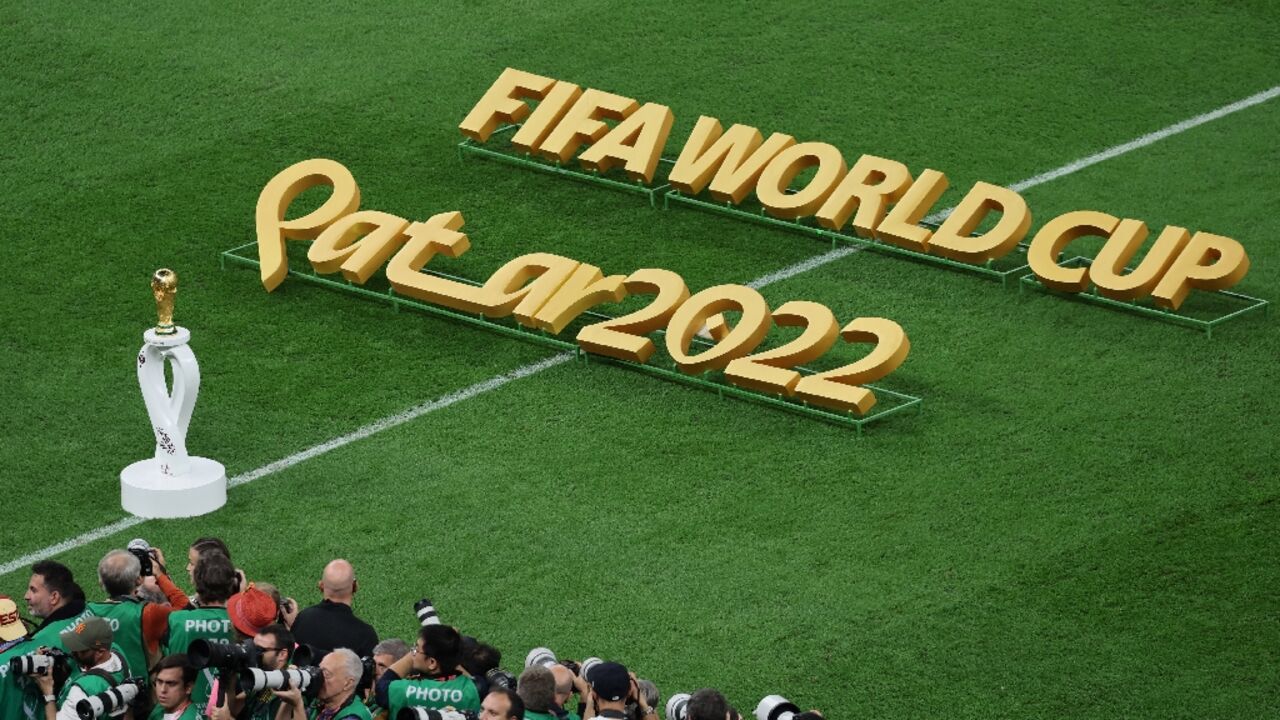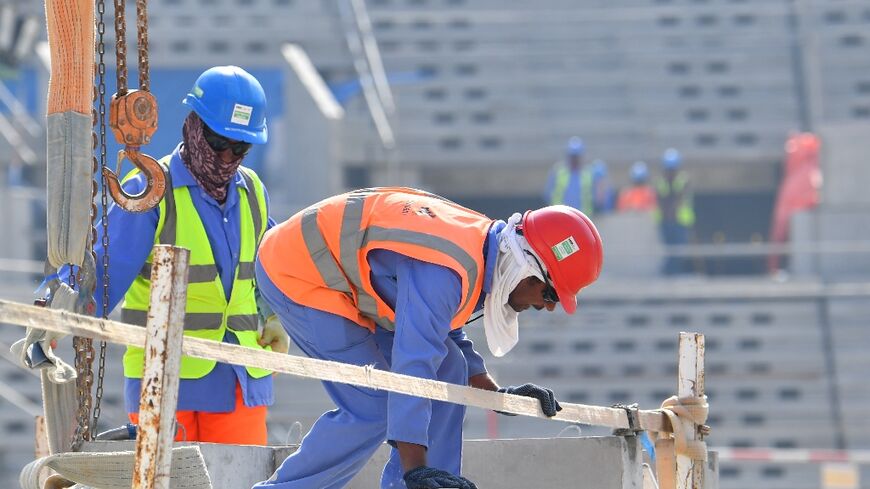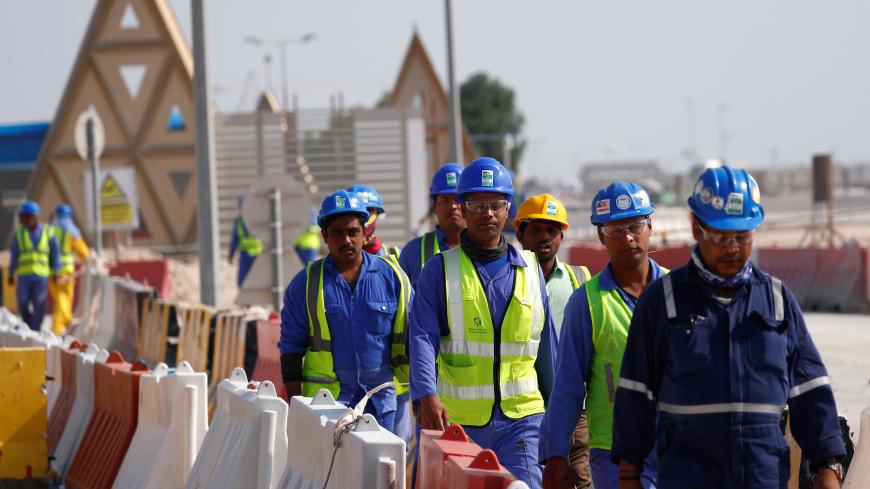Amnesty says Qatar worker abuses persist one year after World Cup

Rights group Amnesty International on Thursday accused Qatar of "continuing failure" on workers' rights as the first anniversary of the Gulf state's hosting of the 2022 World Cup approached.
Following Qatar's successful bid to hold the first World Cup in the Middle East, and during the tournament, the gas-rich emirate faced a barrage of criticism over its human rights record and treatment of migrant workers.
But beginning in 2017, Doha, with the help of the United Nations International Labour Organization (ILO), overhauled its employment laws, introducing a minimum wage along with health and safety reforms.
It also dismantled the controversial "kafala" sponsorship system that gave employers powerful rights over whether workers could leave their jobs or even the country.
Amnesty said this was not enough.
"Qatar's continuing failure to remedy abuses faced by migrant workers and adequately protect them from labour exploitation is tainting the legacy of the FIFA men's World Cup one year on," the group said in a statement.
"The government must urgently renew its commitment to protecting workers, while both FIFA and Qatar should agree to remediation plans for all those who suffered," said the group's head of economic social justice, Steve Cockburn.
In response, Qatar's International Media Office said the World Cup had "accelerated" the country's labour reforms and left a "lasting tournament legacy".
It added that changes it made set "an example for other countries on how a system can be successfully overhauled" and that "existing reforms continue to be fully implemented".
Amnesty and other rights groups have repeatedly demanded that Qatar and international football's governing body institute a fund for worker injuries and deaths from the World Cup.
Qatar's government has disputed the level of accidental deaths on construction sites, reported by rights groups to be in the thousands, and accused critics of its World Cup of double standards.
FIFA said in a statement its human rights sub-committee was conducting an assessment action on workers' rights during the World Cup.
"This work of the sub-committee is currently ongoing," it said.
"It is undeniable that significant progress has taken place, and it is equally clear that the enforcement of such transformative reforms takes time and that heightened efforts are needed to ensure the reforms benefit all workers in the country," it added.
Amnesty questioned the maintenance of the minimum wage at its 2021 level, despite an increased cost of living, and said shortcomings continued on wage theft alongside obstruction to workers' movement between jobs persisting as employers exploit the system.
In its own progress report published earlier this week, the ILO's Qatar office said there were still cases of retaliation by employers against workers who request job changes, including cancelling residency visas or filing false absconding charges.
However, the UN watchdog also said "although employer retaliation remains an issue, the number of such cases received by the ILO has declined substantially compared to previous years".





